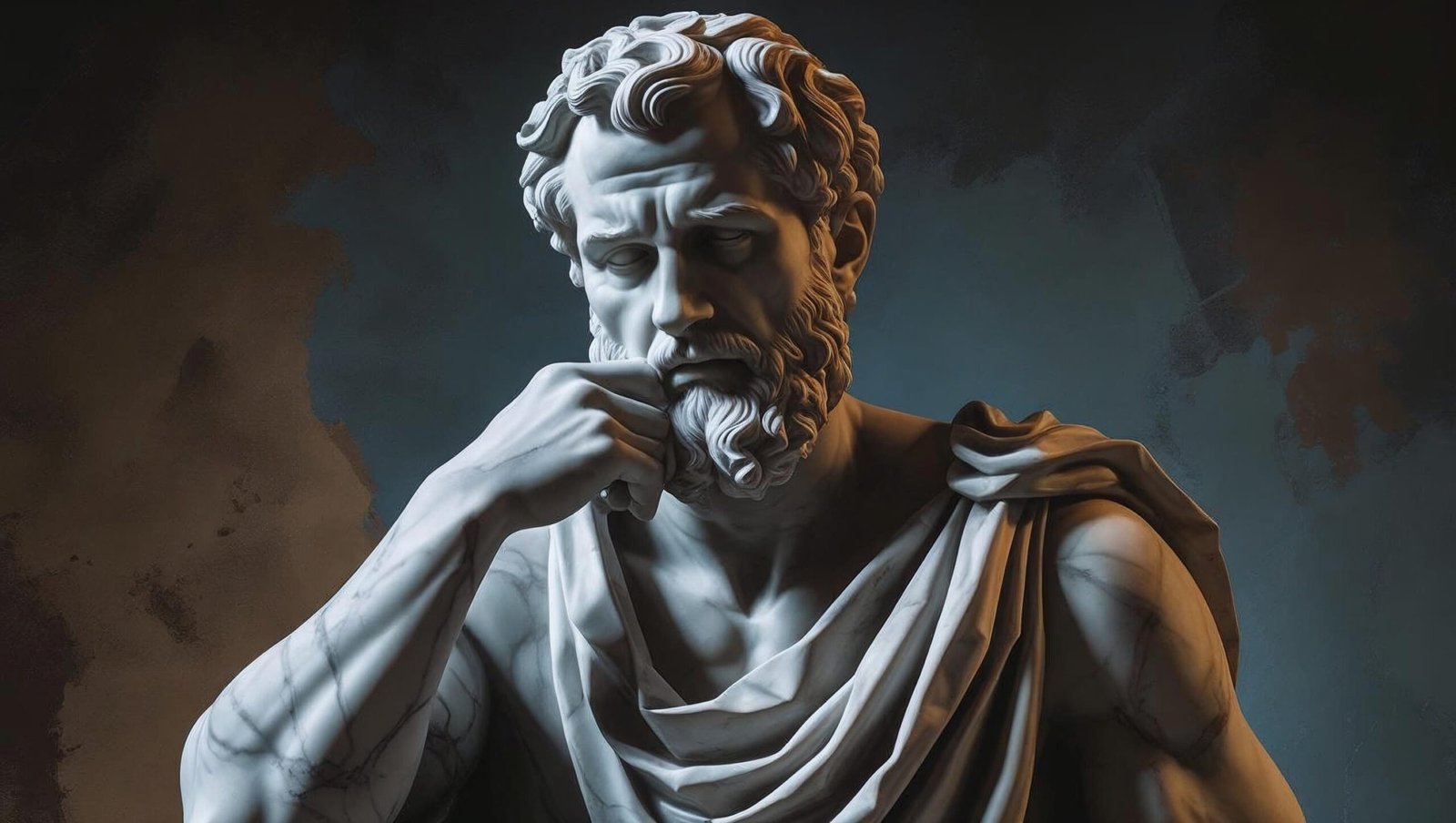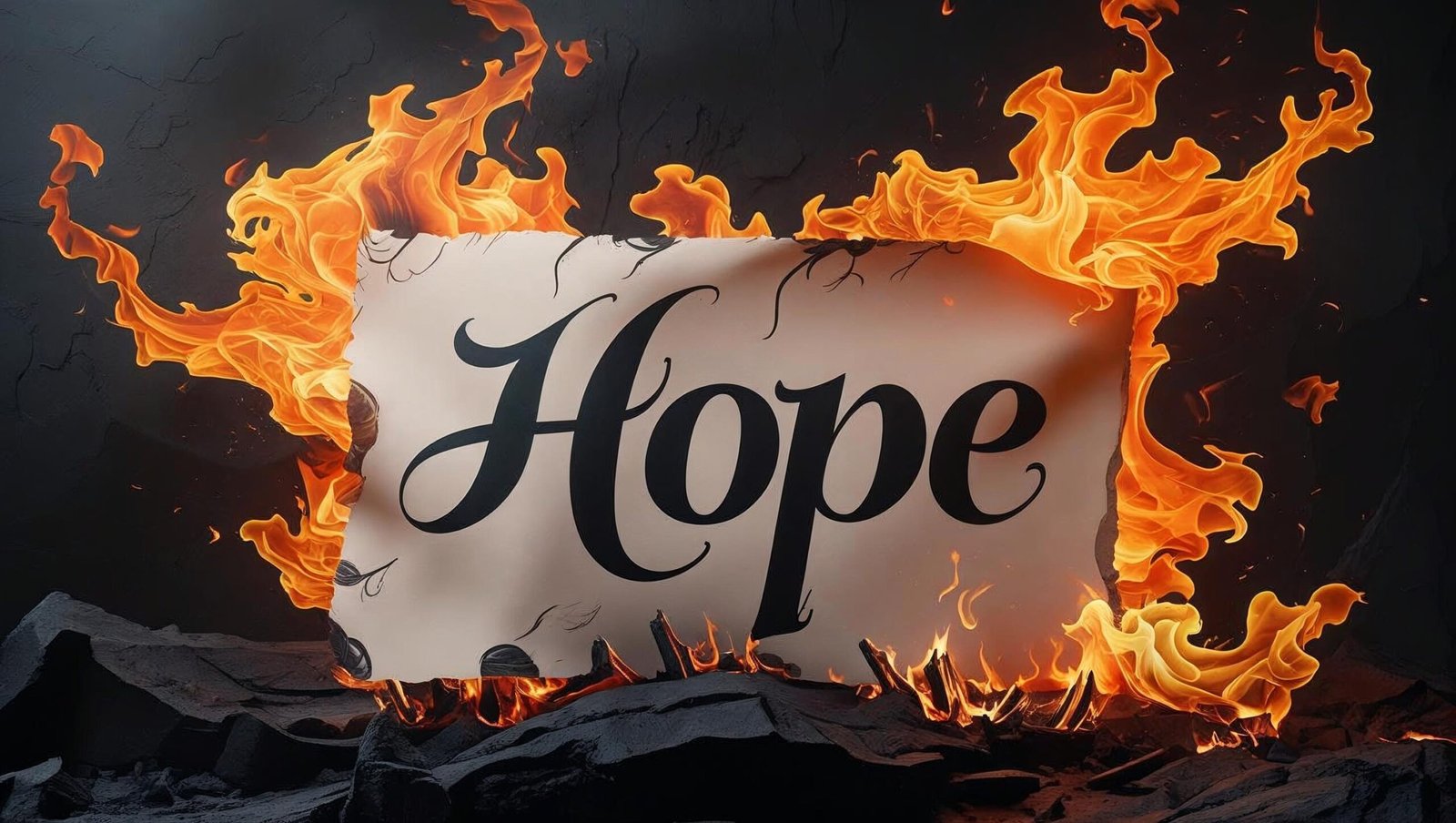Introduction
In a world where science progresses, freedoms expand, and comforts abound—why does it still feel like everything is falling apart? Everything is Fucked by Mark Manson answers this question with brutal honesty. In this book, Manson abandons fluffy motivational clichés and explores uncomfortable truths about hope, pain, and the psychological conflicts plaguing modern life.
This blog post is a comprehensive review of Everything is Fucked—a book that challenges our traditional understanding of personal growth. Whether you’re familiar with Manson’s earlier work or reading him for the first time, this analysis will offer clarity on why Everything is Fucked has resonated with so many readers globally.

About the Author: Mark Manson
Mark Manson is a best-selling author and cultural thinker known for his irreverent take on life’s deeper questions. He rose to fame with The Subtle Art of Not Giving a Fck*, but with Everything is Fucked, he ventures into more philosophical territory. This book is less about productivity and more about existential truth.
The Premise of Everything is Fucked
At first glance, Everything is Fucked may seem pessimistic, even vulgar. But beneath the provocative title lies an exploration of our inner world, ethics, emotion, and meaning in an age of progress. Manson argues that despite material advancement, mental despair continues to rise.
In Everything is Fucked, Manson proposes that our reliance on hope—something considered inherently positive—might be the real root of emotional suffering. Through a lens of psychology, history, and moral philosophy, he questions what it truly means to live well.
1. The Paradox of Progress
Manson begins Everything is Fucked with what he calls the Paradox of Progress. The paradox lies in this: as societies advance and pain decreases, people grow more anxious, fragile, and hopeless. Why?
The reason, according to Manson, is that as external problems decrease, we become consumed by internal ones. Everything is Fucked makes it clear that the human mind has an innate need for struggle. Remove real challenges, and it invents trivial ones.
2. The Thinking Brain and the Feeling Brain
In Everything is Fucked, Manson draws a sharp distinction between the Thinking Brain (logical, conscious) and the Feeling Brain (emotional, reactive). The latter is always in control, even though we pretend it is the former.
This concept is vital for understanding irrational behavior. Everything is Fucked explains why despite having knowledge, people still sabotage relationships, health, and careers. Emotion governs action, and thought merely justifies it afterward.
3. The Uncomfortable Truth
Perhaps the most philosophical moment in Everything is Fucked comes when Manson addresses the “Uncomfortable Truth”—the idea that life has no inherent meaning. Religion, culture, goals, and even love are psychological coping mechanisms against existential fear.
Everything is Fucked encourages readers not to despair but to find personal liberation in this truth. Once we stop chasing false meaning, we gain the power to build authentic value from within.

4. The Lie of Hope
One of the boldest claims in Everything is Fucked is that hope is not a virtue—it is a form of avoidance. Hope, says Manson, requires us to believe that something is broken and needs fixing. But what if nothing is broken?
Manson critiques the modern obsession with positive thinking and self-improvement. According to Everything is Fucked, clinging to hope often keeps people stuck in cycles of avoidance, fantasy, and disappointment.
5. The Moral Gap
In Everything is Fucked, Manson draws from Immanuel Kant’s moral philosophy. He explains that true freedom and dignity come not from doing what feels good, but from doing what is right—treating others (and ourselves) as ends, not means.
This section transforms Everything is Fucked into a moral dialogue. The idea that ethics matter more than outcomes offers a powerful framework for modern decision-making, especially in an age where everything is transactional.
6. The Blue Dot Effect
Everything is Fucked introduces a psychological phenomenon called the Blue Dot Effect—where people, once conditioned to look for problems, start seeing them even when they no longer exist. It explains why in privileged societies, people still report high levels of emotional distress.
This effect reinforces the book’s claim that Everything is Fucked not because the world is worse, but because our perception and emotional response mechanisms are flawed. We are meaning-makers in a world that no longer demands survival.
7. Choose Your Pain
If there’s one unifying principle in Everything is Fucked, it’s this: Pain is inevitable. But we get to choose which pain is worth suffering for.
Whether in relationships, work, or identity—struggles will come. Manson advises us not to eliminate discomfort, but to align it with meaningful values. Everything is Fucked insists that fulfillment arises not from ease, but from struggle toward worthy goals.
Deep Dive: Emotional Fragility in the Age of Comfort
Modern society is more comfortable than ever before. We enjoy access to food, technology, healthcare, and information that kings and emperors of old could never have imagined. Yet paradoxically, our emotional resilience appears to be declining. Anxiety, depression, and identity crises have grown more common across age groups.
This phenomenon is not due to a lack of access, but an overabundance. When challenges become scarce, humans tend to manufacture internal problems. The result is a generation that struggles with delayed gratification, tolerating uncertainty, and enduring emotional discomfort. Our cultural emphasis on convenience, instant results, and digital validation has bred a population ill-equipped for emotional hardship.
The book under review skillfully captures this paradox and challenges readers to rethink the role of adversity in shaping maturity.

The Age of Narrative Manipulation
One of the most profound takeaways from this work is the emphasis on how narratives shape our perception of reality. Stories have always held power—religious myths, national legends, and personal experiences form the core of identity. However, in today’s hyperconnected world, narratives are no longer stable.
Every individual now has access to a custom-tailored digital echo chamber. Social media algorithms reward outrage, certainty, and simplicity—qualities that oppose the complexity and humility required for genuine personal development. When our stories are manipulated by external platforms, it becomes harder to maintain a sense of internal truth.
The book critiques this phenomenon through philosophical and psychological frameworks, urging readers to resist the pull of emotional clickbait and return to values grounded in reason and integrity.
The Ethics of Self-Discipline
Moral philosophy plays a critical role in the latter chapters of the book. Drawing on thinkers like Kant, the author outlines how human dignity arises not from external achievements but from the ability to act ethically, even when it goes against one’s emotional inclinations.
Self-discipline is presented not as a tool for success, but as a pathway to spiritual and emotional maturity. In a culture obsessed with indulgence and immediate satisfaction, this concept serves as a necessary corrective. The message is clear: our freedom lies in the ability to do what is right, not what is easy.
This ethical lens makes the book especially relevant for readers disillusioned by mainstream self-help tropes. It doesn’t offer shortcuts or hacks; instead, it proposes timeless moral obligations as the only sustainable foundation for a meaningful life.
The Pitfall of Excessive Optimism
Another concept explored is the danger of uncritical optimism. While hope and positivity are usually encouraged, the book warns that these mindsets can become toxic when they are used to avoid unpleasant realities.
False optimism creates a gap between expectation and experience. When reality inevitably fails to meet exaggerated hopes, individuals suffer emotional disillusionment. This dissonance fosters resentment, entitlement, and withdrawal from real-world responsibilities.
A more grounded approach is offered: develop emotional resilience by accepting life’s uncertainties, setbacks, and suffering. True strength, according to the book, is not the absence of pain but the capacity to endure it with grace and clarity.
Historical Parallels: Lessons from the Past
Throughout the book, the author draws historical parallels that deepen its impact. From the Stoics of ancient Greece to the existentialists of modern Europe, many intellectual traditions have grappled with similar questions about meaning, suffering, and ethical responsibility.
What makes these references powerful is their universality. Despite technological advancement, the human condition has remained largely unchanged. We still struggle with the same existential dilemmas that troubled our ancestors.
By revisiting the ideas of Marcus Aurelius, Friedrich Nietzsche, and Viktor Frankl, the book demonstrates that while our context may differ, the path to personal fulfillment remains fundamentally rooted in accepting responsibility, embracing truth, and finding meaning through action.
Embracing Moral Responsibility in an Amoral World
Today’s world often values success over virtue, influence over wisdom, and appearance over substance. Against this backdrop, the book calls for a return to moral responsibility. This does not mean rigid rule-following but acting in ways that acknowledge the humanity of others.
Moral responsibility is described as the foundation of emotional strength. When one accepts responsibility not because it leads to reward but because it is the right thing to do, a shift occurs in consciousness. Life becomes less about outcomes and more about integrity.
The book’s call to moral action resonates with those weary of performative goodness and virtue signaling. Instead of chasing validation, it suggests a quieter, more demanding journey inward—toward personal alignment and ethical conviction.

The Courage to Face Pain Without Escape
The core emotional transformation encouraged by the book involves developing the courage to face emotional pain without seeking escape. Escapism comes in many forms: addiction, consumerism, distraction, overachievement, or even spirituality.
None of these outlets are inherently wrong, but when used to avoid discomfort, they become chains. The author’s candid discussion of pain—emotional, spiritual, and psychological—is one of the book’s most moving aspects.
Readers are challenged to shift their mindset from one of avoidance to one of acceptance. Pain, when met consciously, becomes a doorway to growth. The book suggests that this conscious engagement with suffering is the only way to cultivate authentic strength.
Why the Message Is Timely
The timing of this book’s message could not be more relevant. Post-pandemic societies are grappling with collective trauma, rising mental health crises, and growing social distrust. Institutions that once offered stability—religion, government, education—are questioned or crumbling.
In such times, it is tempting to retreat into cynicism or deny the chaos altogether. This book refuses both paths. Instead, it encourages readers to walk the narrow road of personal responsibility, ethical action, and internal resilience.
Far from being a complaint about modern life, the book is a challenge to confront its complexities with honesty and courage. It is a rejection of cheap optimism and a call for meaningful confrontation with ourselves and the world.
Bridging the Gap Between Knowledge and Action
A recurring motif in the book is the divide between knowing and doing. Many people intellectually understand what is good for them—whether it is exercise, meaningful work, or honest communication—but fail to implement these actions consistently.
The book attributes this disconnect to emotional resistance and subconscious fear. To close this gap, the author advises cultivating values that transcend emotion. In other words, one should act based on chosen principles rather than fluctuating feelings.
This advice is both practical and profound. It moves readers away from impulsive reactions and toward thoughtful, value-driven living. The difference is not merely behavioral but existential—it reorients life around chosen meaning instead of inherited narratives.
Final Thoughts on Personal Liberation
One of the book’s most liberating insights is that personal freedom does not come from external circumstances, but from internal clarity. When we stop trying to control the uncontrollable—other people’s opinions, future outcomes, societal trends—we gain energy to influence what truly matters: our own reactions, values, and integrity.
The power of this message lies in its radical simplicity. You don’t need to master every aspect of life. You only need to master your responses to it. This shift in focus provides lasting peace in a world filled with noise.
What Makes the Book Stand Out
This review finds Everything is Fucked refreshingly intelligent and emotionally profound. It offers no quick fixes but rather deep insight into why we suffer, even when everything appears fine.
Manson’s gift is his ability to synthesize philosophy, psychology, and street-level wisdom. Everything is Fucked doesn’t pretend life is easy, but it does suggest that truth—no matter how unpleasant—is always more empowering than illusion.

Criticisms of Everything is Fucked
Not all readers will resonate with Manson’s tone. His mix of sarcasm and stoicism may appear abrasive. Furthermore, Everything is Fucked leans heavily into philosophical theory, which could alienate those expecting simple motivation.
However, those who persist will discover a narrative both challenging and rewarding. Everything is Fucked does not comfort the reader—it awakens them.
FAQs
Q1: Is Everything is Fucked related to Manson’s earlier book?
Yes. Everything is Fucked is a philosophical sequel to The Subtle Art of Not Giving a Fck*. It moves beyond behavioral advice to explore deeper existential questions.
Q2: What is the central theme of Everything is Fucked?
The book asserts that modern people suffer emotionally despite progress, primarily because of flawed emotional systems, misplaced hope, and psychological conditioning.
Q3: Does Everything is Fucked offer practical advice?
While not traditional in style, Everything is Fucked does offer guidance—especially through its emphasis on values, ethical living, and emotional awareness.
Q4: Can teenagers read Everything is Fucked?
Due to strong language and complex topics, the book is best suited for adults or mature teenagers with philosophical interest.
Q5: Is the tone entirely negative in Everything is Fucked?
Surprisingly, no. While it’s blunt, Everything is Fucked ends with a message of empowerment: that personal responsibility, integrity, and chosen suffering can bring meaning and peace.
Conclusion
Everything is Fucked is not a book for the faint-hearted. It breaks down the false narratives we rely on and dares us to face emotional truths. With sharp wit and depth, Mark Manson guides readers through the chaos of modern existence.
This review of Everything is Fucked concludes that it is not just a self-help book—it is a philosophical exploration of meaning in a world flooded with comfort and confusion. Whether you agree with its ideas or not, the book will challenge your assumptions and invite inner growth.
In a world screaming for positivity, Everything is Fucked reminds us that truth—even painful truth—is the first step toward real freedom.
For more no-nonsense, insight-packed book reviews, visit my official site:
🌐 shubhanshuinsights.com
Your Turn to Share
-
What are your thoughts on Everything is Fucked?
-
Has it changed how you view suffering or hope?
-
Do you believe hope is harmful, as Manson claims?
💬 Drop your thoughts in the comment section. Let’s have a meaningful discussion on the ideas that matter most.
💥 Why this works:
-
“Life-Changing” is a proven power word that conveys transformation and value.
-
“Brutally Honest” adds emotional impact and curiosity.
-
It retains the number for listicle appeal and includes the focus keyword naturally.